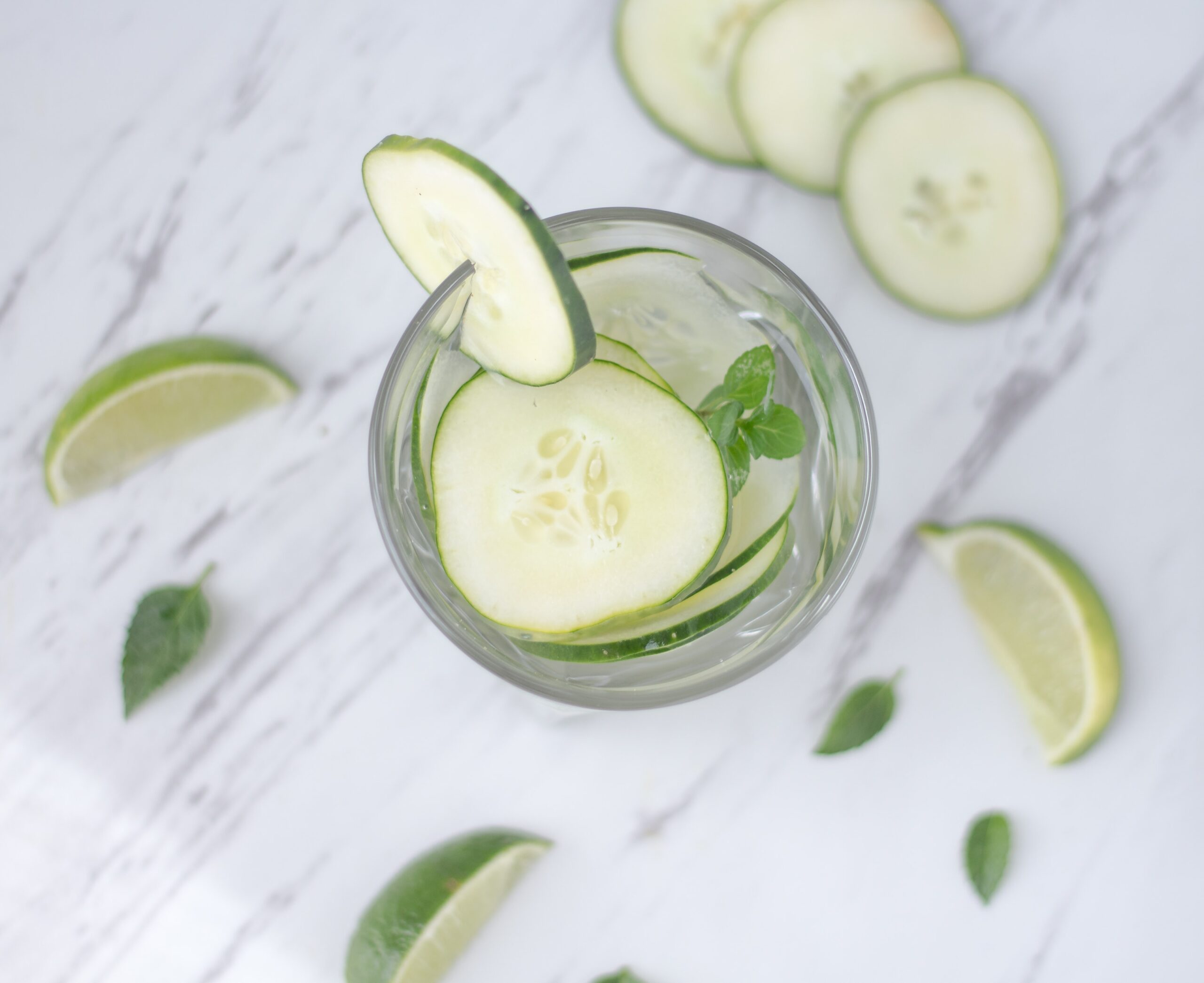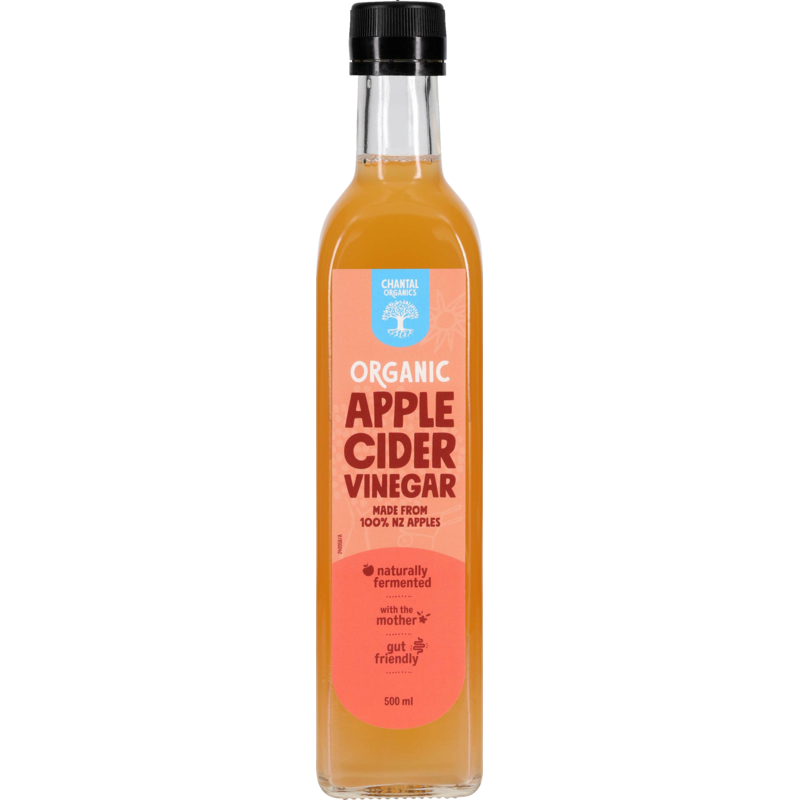
Good bacteria teams up with the immune cells to create an effective and efficient immune response.
Now more than ever, people are searching for ways to support their immune system through the foods they eat. Learn more about the direct connection between what we eat, the gut and the immune system.
The Gut – Immunity Connection
It is said that 70% of the immune system is found in the gut. The immune system and the good bacteria in the gut have co-evolved over time and work as a team to ensure the immune system is effective in protecting the body. Without an adequate supply of beneficial bacteria, the immune response is less likely to be strong enough to fight off invading pathogens. What’s happening in the gut can either support or impair the immune system. Therefore, keeping your microbiome in tip top shape needs to be a priority.
But what is the Microbiome?
There is a community of billions of bacteria that lives inside the gut. This is called the microbiome. It’s crucial that this ecosystem of microorganisms is diverse, well balanced and thriving. In turn these beneficial bacteria, also called probiotics, ‘good’, ‘friendly’ or ‘healthy’ bacteria support overall wellbeing.
At its optimum, this microbiome plays a role in many body systems such as digesting your food, metabolizing nutrients, making vitamins and producing gut lining. It may be surprising to know it also effects your mood, the way you think and the efficiency of the immune system.
Simple Tips to Support a Healthy Gut
Here are 6 simple diet and lifestyle tips to support a well-functioning gut.
- Eat More Plant-based Foods
Focus on addition rather than restriction. Aim to include more plants with each meal. High fibre, plant-based diets promote the growth of a diversity of ‘good’ bacteria in the gut. Vegetables should be at the top of the list, but also include nuts, seeds, pulses and grains. With such a plethora of delicious plant-based recipes available nowadays, there is no need to compromise on flavour! Find a great variety of plant-based recipes here.
2. 30 Plant-based Foods a Week
If your plate is already full of plants and you’re keen to step it up a notch, focus on variety. Research shows we need to eat 30 different plant-based foods a week to support a diverse microbiome. The diversity of plant components fuels a diversity of bacteria. A good place to start is to keep a list of the plants you eat for a week. This provides clarity on whether you’re eating many of the same plants or getting a wide variety. Remember that spices and herbs also count towards your goal.
3. Fibre, Fibre and More Fibre
The best way to get the required amount of fibre is to eat a variety of plant-based foods like whole grains, fruits, vegetables, nuts, seeds and legumes. Prebiotics are a particular type of fibre that feeds the probiotics. Good sources of prebiotics are garlic, onions, bananas, apples, seaweed, almonds, oats and flaxseeds and seeds.
Start your day right with a breakfast filled with probiotics and prebiotics. The Easy Oats range is boosted with probiotics, which are supported by the prebiotics in the oats. The Cacao & Coconut Keto Granola is boosted with probiotics, low in sugar and contains almonds and seeds for a natural source of prebiotics.
4. Fermented Foods
Adding fermented foods to your diet boosts the natural bacteria in your microbiome. During the fermentation process, the good bacteria flourishes. Keep a staple of fermented foods on hand to add to any meal (boost the number of plants in your diet too!) such as sauerkraut, kimchi, kefir, miso or unpasteurized apple cider vinegar.
A simple way to get a boost of ‘good’ bacteria is to have 1 tablespoon of apple cider vinegar in warm water 30 minutes before eating. This supports the digestion of your meal. Be sure it contains ‘the mother’ which is the cloudy sediment in the bottle created during the fermentation process.
5. Find Your Chill Pill
For many, relaxing is easier said than done, especially during stressful times. However, stress, anxiety and depression can have a negative effect on the microbiome you are working so hard to support.
It’s important to find what relaxes you. For some meditation, yoga or reading will do the trick, while others prefer running, gardening or dancing. Make time to do the things that let your mind rest, so you can rejuvenate your energy.
6. Positive Lifestyle Upgrades
Unbeknownst to us, poor lifestyle habits disrupt the microbial balance in the gut. It’s important to get enough sleep, plenty of movement, be mindful and avoid pesticides and GMOs in the food we eat. Make a few simple swaps such as: swap screen time for a book, walk at lunchtime or before work, choose organic coffee or go to yoga after work.
It’s amazing how what we eat, when we sleep and our immune response are all connected to our gut. It makes sense to look after our microbiome, and small changes will make a difference. Which of these tips are you going to put into action this week?
PRODUCTS MENTIONED



